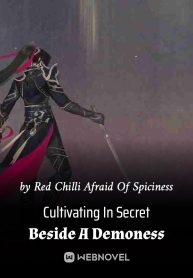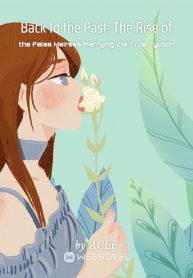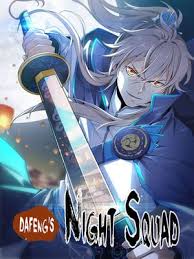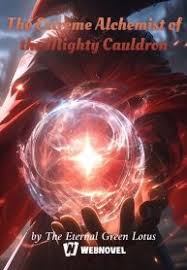Chapter 100: Allocating spouses, grass baskets, and wooden baskets
Teaching the original members of the Pig Tribe the lifestyle of the Green Sparrow Tribe and instructing them in speaking Mandarin is a very necessary matter.
Firstly, these new habits are relatively healthier and more beneficial for them compared to their original lifestyle. Secondly, it helps them truly integrate into the Green Sparrow Tribe.
When teaching the original Pig Tribe members Mandarin, Han Cheng didn't intervene. Instead, he delegated the task to Shi Tou.
Among the group of children taught by Han Cheng, Shi Tou had the highest talent in language and writing. So far, he had fully mastered the common Chinese characters, and his Mandarin was incredibly fluent.
Teaching the three captive primitive women Mandarin was also part of the plan. Due to the winter season and the toughness of primitive people, these three women survived their injuries.
Among them, Ru Hua, who had her abdomen slashed open by a stone spear, had recovered the fastest. At this point, she looked no different from a regular person.
The other two women, who suffered leg injuries, were having a tougher time. Their bones were damaged to varying degrees, and although the injuries were not fatal, recovery would be difficult. Moreover, even if they fully recovered, some disabilities would likely remain, affecting their ability to walk.
Because the injuries were sustained on their left and right legs respectively, Han Cheng nicknamed them Left Lame and Right Lame.
Including Left Lame, Right Lame, and the previously Lame, the Green Sparrow Tribe now had three lame members.
Originally, Han Cheng had considered treating these three as female slaves for the tribe. However, as time passed, the people of the Green Sparrow Tribe became less hostile towards them, and the three women also gradually adapted to life in the tribe.
To Shang's surprise, the Eldest Senior Brother, who didn't seem foolish, not only showed no concern upon hearing his words but burst into laughter.
Shang was puzzled by this.
It wasn't until that afternoon when the hurdles on the top of the deer enclosure were all completed four days ahead of schedule, that the Eldest Senior Brother, leading a group of people with baskets, arrived at the frozen stream. After breaking the thick ice, Shang was shocked and understood where the tribe's confidence came from.
Due to the sudden addition of ten adult laborers, the hurdles on the deer enclosure were completed earlier than expected. With the arrival of spring, there would be a significant amount of digging to improve the deer enclosure's canopy, raise the walls, and build houses. Therefore, the people of the Green Sparrow Tribe didn't rest for too long and continued intermittently making bone shovels.
Tie Tu did not participate in making bone shovels. Not because he looked down on this task due to his superior craftsmanship but because he was studying and learning to weave baskets. The samples he used were the few left behind by the Flying Snake Tribe.
Baskets of flexible twigs were much lighter and less prone to breakage than clay pots or animal skin bags. Moreover, baskets were much more useful for carrying fish and fruit and lifting soil. Tie Tou was particularly dedicated to this craft due to his elevated status in the tribe, achieved through his excellent craftsmanship.
Initially, when Han Cheng saw the baskets, he wanted Tie Tou to weave not baskets but larger baskets made of pliable wooden strips.
In Han Cheng's old hometown, in the modern world, such baskets woven from wooden strips were called "luo tou," large-sized baskets larger than luo tou were called "cao luo" (straw basket).
The reason Han Cheng temporarily changed his mind, abandoning the more sturdy, durable, and useful wooden baskets for the lighter, more fragile straw baskets, had a simple explanation. During winter, tree branches become brittle, making them suitable for making hurdles but unsuitable for weaving basketsthey would break easily during the process.
Therefore, for now, they could only attempt to make straw baskets. Once spring arrived and the tree branches gradually softened, they would start weaving wooden baskets.







